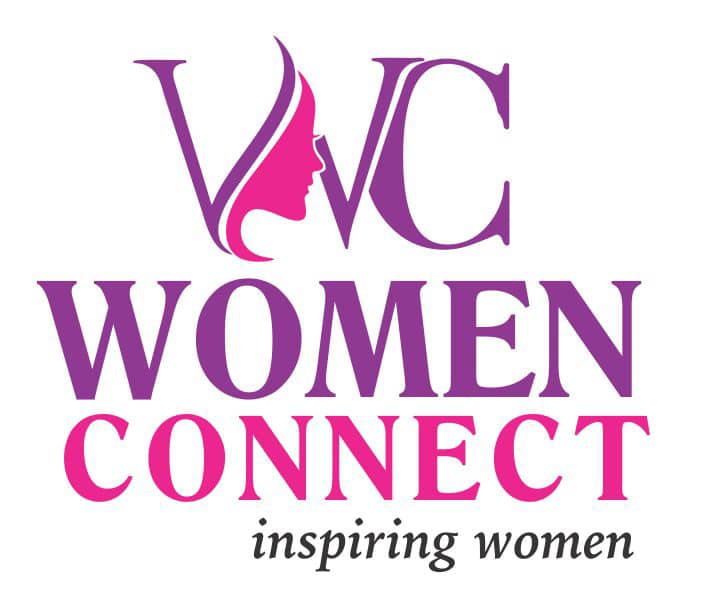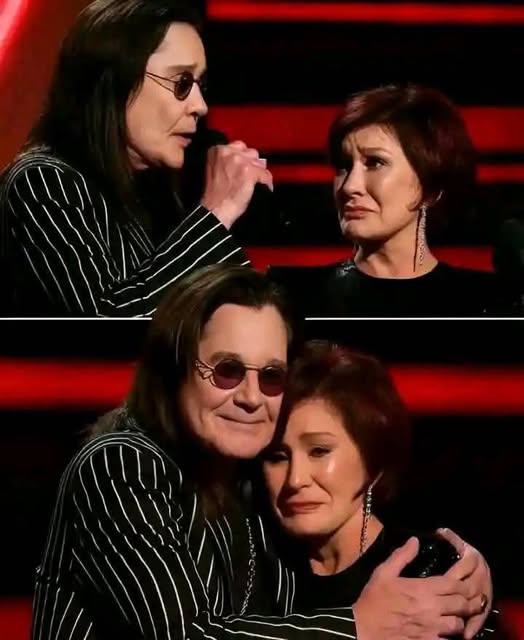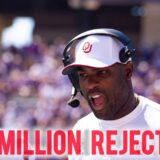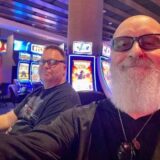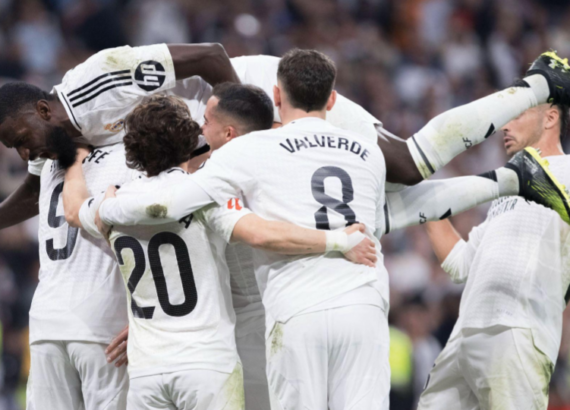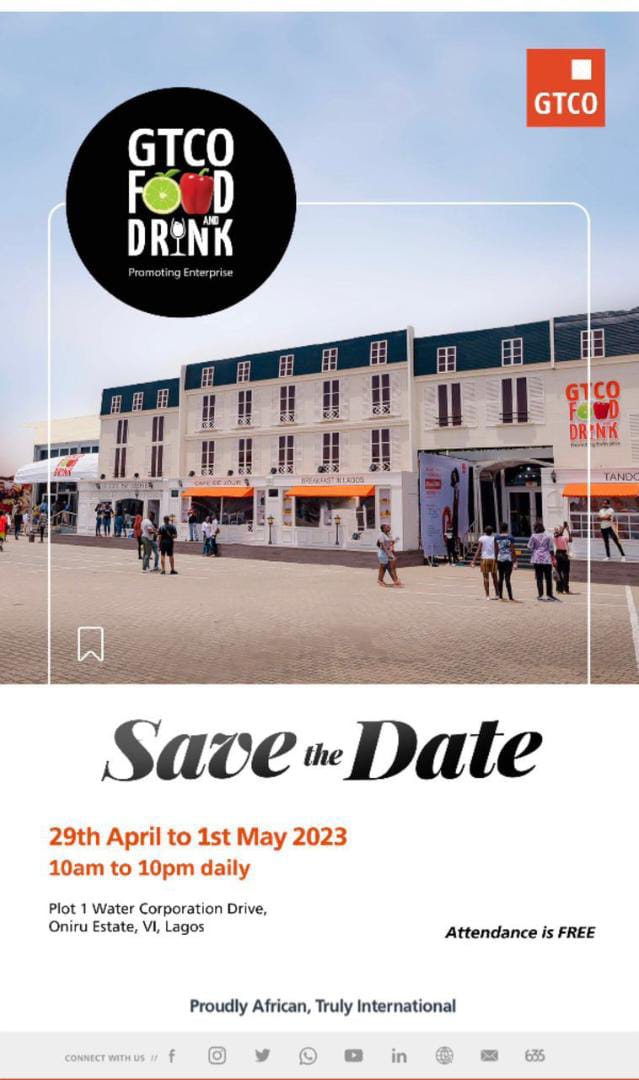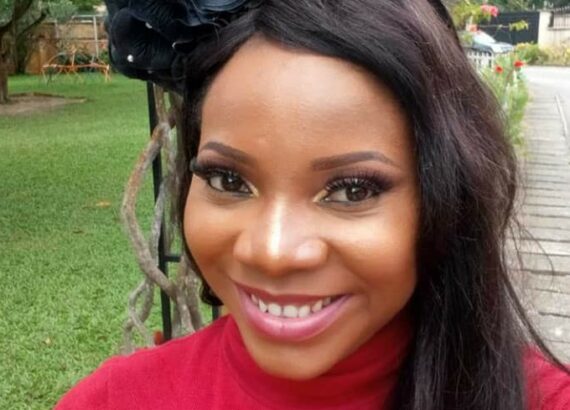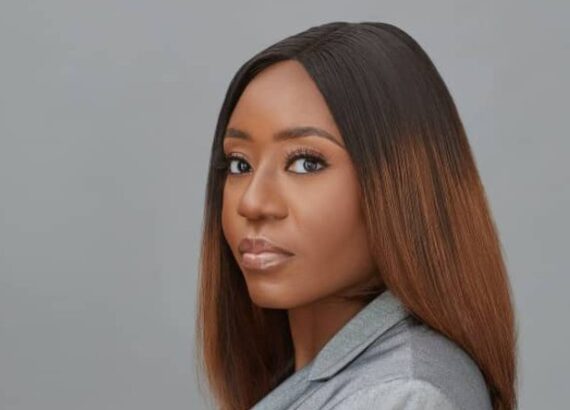After decades of wild nights, sold-out arenas, and living louder than life itself, Ozzy Osbourne finally faced the moment every legend dreads—his last concert. A career that redefined rock and roll was drawing to a close, and though everyone in the arena of 40,000 knew the end was near, no one could have predicted how it would unfold. As the final chords of “Crazy Train” rang out into the night sky, the energy was electric. Fans screamed, fists raised, fireworks blazed—but then, everything stopped.
The stage lights dimmed. The roaring crowd fell into an almost reverent hush. Ozzy stood still, his silhouette framed by decades of memories. He leaned into the microphone, voice no longer thunderous, but intimate, broken, and raw. “This one’s not for me,” he said, barely above a whisper. “It’s for Sharon.” The audience gasped, and then they saw her—Sharon Osbourne, seated off to the side, eyes already misted with emotion.
Ozzy extended his hand.
Sharon hesitated for just a moment, then walked slowly toward him, her face awash in tears, the same face that had endured a lifetime of chaos, addiction, fame, cancer battles, and undying love. The same woman who saved his life more times than the world will ever know. Ozzy pulled her into the spotlight. There were no pyrotechnics now. No wailing guitars. Just the two of them—man and wife—center stage under a single soft light.
He held her hand like it was the first time. “You’ve carried me through everything,” he said, voice cracking. “When the world called me a monster, you saw the man. You’ve always seen the man. And I just want everyone to know, before I sing my last note… I love you more than all of this.”
The crowd, already in tears, erupted into an ocean of applause. But it wasn’t the typical rock concert roar. It was something else—an acknowledgement of something real, something pure, something painfully human. For once, Ozzy Osbourne wasn’t the Prince of Darkness. He wasn’t the untouchable rock icon or reality TV star. He was just a man in love, standing before the woman who gave him his second, third, and tenth chances.
Then, without cue or announcement, the band softly played the intro to “Mama, I’m Coming Home.” Ozzy didn’t sing the first verse. He just held Sharon. She cried. He cried. And thousands joined them. It wasn’t a goodbye to music—it was a farewell to an era. To youth. To madness. And most of all, to the stage life that had defined him, but never defined *them*.
When the song ended, he kissed her forehead and simply said, “Thank you for saving my life.” He walked offstage hand in hand with Sharon, not into darkness, but into something even more profound—peace.
And as the lights dimmed on his final concert, the crowd didn’t chant his name. They chanted hers. “Sharon… Sharon… Sharon.” Because, in the end, Ozzy gave the world music—but she gave him *everything else*.
